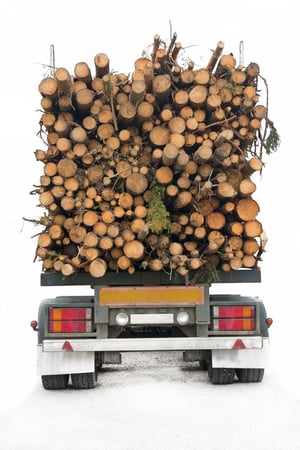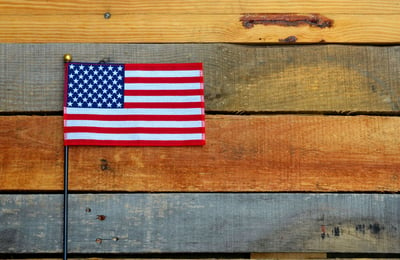Importing wood products and wood packaging into the US and Canada
Wood and wood-containing products can carry and introduce harmful pests, so their import is tightly monitored in both the U.S. and Canada. Wood packaging materials are also subject to import regulation.
Importing wood and wood products into the U.S. and Canada is a changing landscape. Because there’s so much variability in wood items and their requirements, it’s best to check with the relevant regulatory body to make sure you have the most current information.
Also, please consult your customs broker who is up to date on the import requirements for wood, wood products, and wood packaging material.
Importing wood into Canada
The import of wooden and wood-containing products into Canada is regulated by:
- The Canada Border Services Agency (CBSA)
- The Canadian Food Inspection Agency (CFIA)
In specific circumstances, they may also be subject to provisions under CITES (the Convention on International Trade in Endangered Species).
Wood and wood items, including bark, from all areas of the world must apply and obtain an import permit before entering Canada.
Most wood articles will require one or more of the following:
- Plant Protection Import Permit (from the CFIA)
- Phytosanitary Certificate (from the exporting country)
- Phytosanitary Certificate for Re-export (for U.S.-origin goods, from the USDA)
Read our in-depth post on importing wood products into Canada.
Read more about the documentation required for importing wood.
(Please note: some of the information regarding permits is now out of date in these posts. Use them for general information about how CBSA classifies different kinds of wood products.)
The most current information about permits (as of November 2019) can be found here. Note: there have been recent changes made to permit CFIA 5256, Permit To Import Plants And Other Things Under The Plant Protection Act.
Read the CBSA’s comprehensive resources on the import procedures for wood (and other plants).
Importing wood packaging into Canada
Packaging materials (crates, boxes, pallets, and other packaging) made of solid wood must be treated to meet Canadian import requirements. This requirement is for packing originating from all areas of the world except the continental United States.
While phytosanitary and import permits are not required, the packaging material must be officially treated with one of the methods listed in Appendix 1 of Directive-D98-08. This directive is the most comprehensive resource for information on wood packaging entering Canada.
The best place to start, however, is the CBSA’s very accessible Wood Packaging Questions And Answers page.
Importing wood into the U.S.
The Animal and Plant Health Inspection Service (APHIS), part of the U.S. Department of Agriculture, regulates the movement of wood, plants, and related materials across the border to ensure pests or diseases do not enter the country.
APHIS requires importers of most wood products to obtain a Timber and Timber Products Import Permit. An in-person APHIS inspection of the shipment is also usually required, and is done at one of 12 inspection stations located throughout the U.S.
Read our post covering the details of import requirements for wood entering the U.S., including:
- Exemptions and special cases, such as wood imported from China
- Documentation information
- Links to U.S.-based resources
Importing wood packaging into the U.S.
Like the Canadian regulations, most wood packaging material (WPM) brought into the U.S. must have been treated using heat or chemicals in order to prevent the transmission of timber pests.
The treated material must display a visible, legible, and permanent mark certifying this treatment in accordance with international standards (as per the International Standards of Phytosanitary Measures).
Our dedicated team of Customs experts are well-versed in all the current requirements for importing wood products and packaging into Canada and the United States. Reach out today—we’re ready to help.
Information provided by: Customs Consulting Dept. - Cole International
Importing wood. it's what we do.

